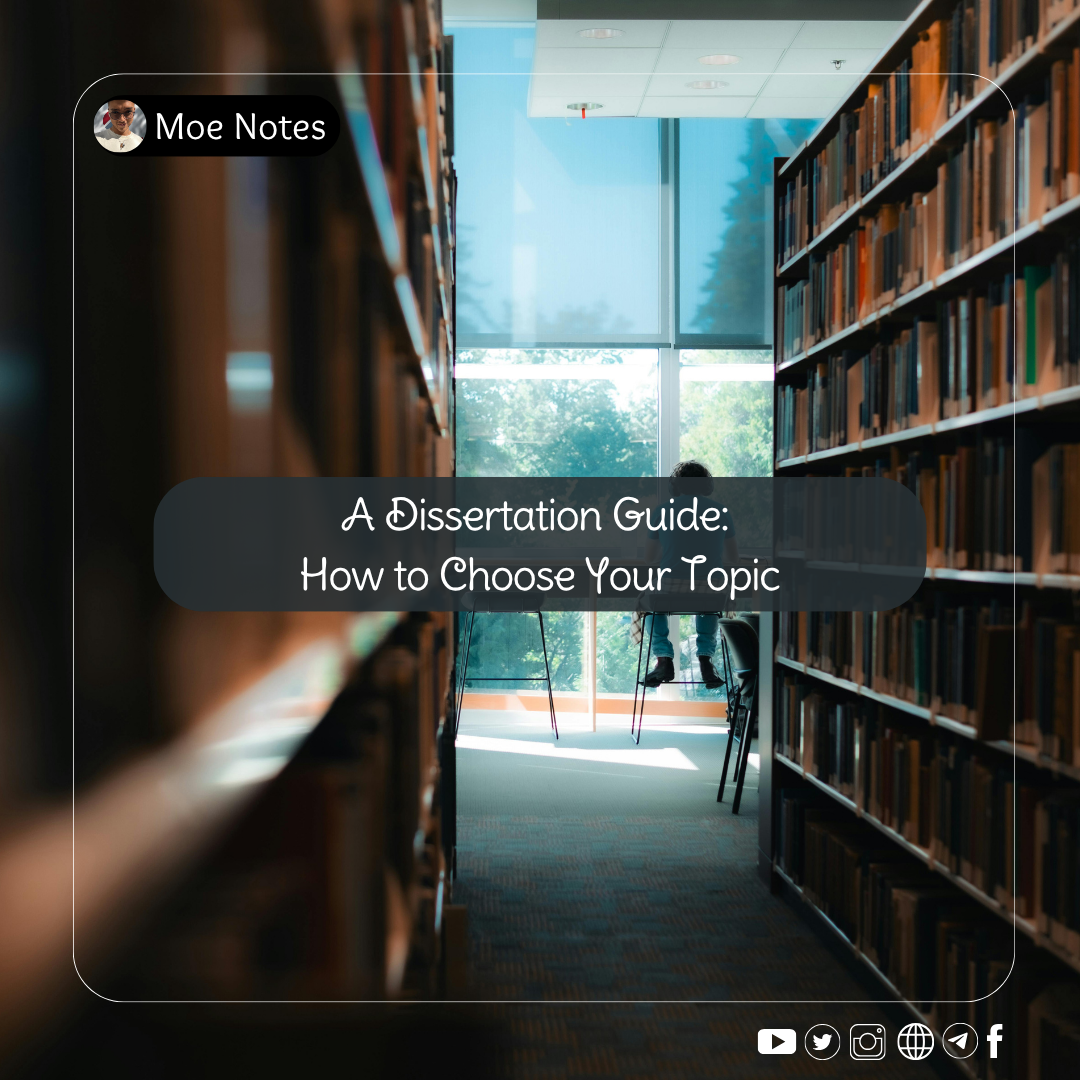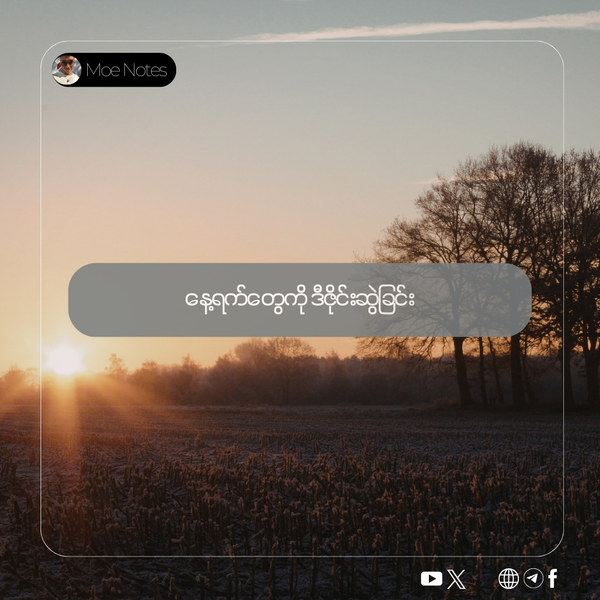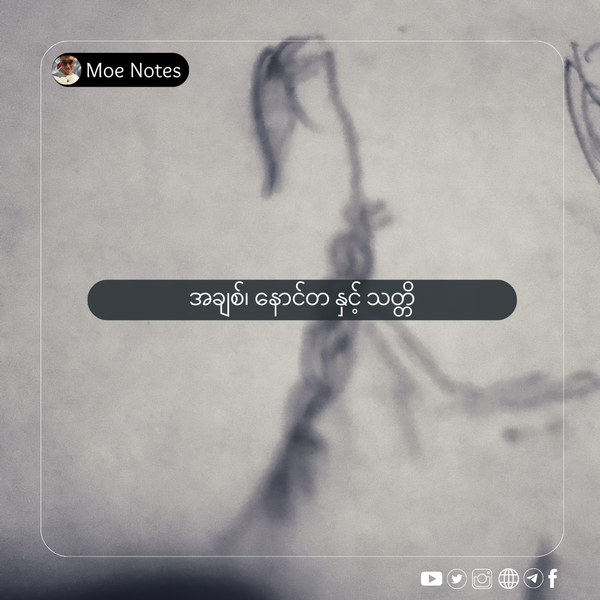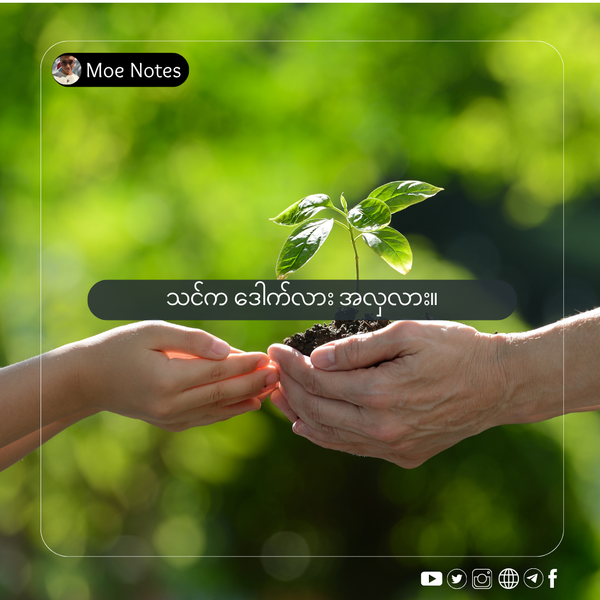A Dissertation Guide: How it chooses you.

Even before entering the third year, my university had us writing essays. 1,200 words, 1,500, then 2,000. Just one essay per module. No exams. No other assignments. It was 100% of the grade.
After becoming familiar with these modules, you arrive at the final year of your degree. With it comes the responsibility of preparing a dissertation. It is a long-form research paper that takes months to complete. It's the "capstone project" of your Bachelor's course, a moment where you must gather all the knowledge and skills you've learned and prove that you can conduct an independent, "self-led" research project from start to finish.
It is much more than a typical essay.
Which Countries and Subjects Require It?
It is a hallmark of the UK education system and is very common in universities across the United Kingdom, Australia, Canada, and New Zealand. In US universities, it's often called a "senior thesis" and is typically only mandatory for certain honors programs.
It is common in subjects like:
- Humanities & Social Sciences
- Arts & Design
- Business & Law
- Science, Technology, Engineering, and Math (STEM)
Is It Similar to a Master's Thesis?
The fundamental concept is similar, but the level and requirements are different. Both are long-form, independent research papers.
The main differences are:
- Scope and Aspiration: From what I've studied, a Bachelor's dissertation aims to prove you are capable of conducting research. A Master's thesis aims to make an Original Contribution of new knowledge to the academic field.
- Length and Depth: A Bachelor's dissertation is often 8,000-10,000 words, while a Master's thesis is longer, around 15,000-25,000 words.
- Supervision: Bachelor's students tend to receive more structured guidance, while Master's students are expected to work more independently (though this depends on the course).
When Does It Start?
A dissertation doesn't just start in the final year. It begins with the essays you've written in the years before. At my university, we wrote at least one essay a year. These are:
- Shorter.
- The topics or general themes are given by the lecturers. (e.g., transportation, classical architecture).
- You don't slowly develop the topic; you read a few books, gather related materials, and write.
For me, I wrote an essay in my second year called "The Digital Battleground." This paper focused on the immediate one-week aftermath of the 2021 military coup.
So, how do you get started?
Part 1: The Foundation
The Step Before the Dissertation
My first practical step was to dig through every single resource the university provided—all the lectures, presentations, and PDF files.
- What is this?
- How do you approach it?
- What are the final results?
- What is a good result, and what is a bad one?
Slowly, I began to understand what it was. I understood the kinds of topics others chose. The more I read, the more I started to think, "When it's my turn, I'll do this," or "I won't do that."
Even before you know anything, you have to try and put an idea in your head. I want to encourage you to think, "I want to work on this, I want to write a paper on this idea." Only then will you start to see, "If I do this, what are the related topics I could expand on?"
However, a common mistake at this stage is refusing to change that initial idea. For example, you might first think of writing about the Dhammazedi Bell, the largest bell even bigger than the current world record from Russia. It's a deep topic. You can research how others have explored it. It's a good topic.
But its weakness is the lack of available news sources or other research papers. You might not even be that interested in the bell, but you don't want to change the topic because it's familiar.
My advice is: Set a topic, but be flexible.
For me, this was "Digital Architecture" or, in other words, how the digital realm became a battlefield. The initial thought was to write about the junta's digital controls, and then the people's resistance, adaptation, and normalization. The topic was good, but it was at risk of becoming mere journalism, which could be completely wrong for this context.
Then, the supervisors laid out the rules and requirements—for example, not to interview people, where to find sources, how to expand the topic, and how to focus in detail on one small aspect. And just like that, the second year was over.
What is a Dissertation Supervisor?
A supervisor is a faculty member who guides a student one-on-one through their research project. They are different from your subject teachers.
A dissertation supervisor is more like a Mentor or Research Consultant.
- They guide you on how to conduct research. They answer your questions. They are like a guide.
- They help you navigate the ethics requirements. Once approved, they sign off on it.
- They meet with you, perhaps once a week or every two weeks.
- They check if your research is on the right track, recommend relevant academic literature, and read and critique your drafts.
A normal Course Teacher is responsible for the whole class. They give lectures, set assignments under fixed topics, and grade based on a set curriculum. It's less personal. They just teach existing knowledge; they don't guide you in creating new research. That's the difference.
Supervisors also have their own styles. Some prioritize breadth and, being familiar with the topic, can give more related advice. Some are easy to contact and understanding. Others are busy juggling teaching and supervising and can't give their full support. It's not as effective. You might not get along with one, but you might get along well with another. Every supervisor will help, but there will always be ones who are a good fit and ones who aren't.
Part 2: The Three-Lens Framework for Choosing Your Topic
So, when it's time to choose your topic at the end of your second year, I want to give you this advice so you don't choose carelessly. You will be doing research on this topic all summer.
Likewise, many students waste time searching for the "perfect" topic. An successful topic is one that finds a balance between these three essential lenses.
Lens 1: Be Personal with Your Topic
You will be living with this topic for an entire year. You will be searching, reading, and studying it. If you have no personal, emotional connection to it, you will eventually grow to hate it, and the work will become torture.
A problem some of my classmates face is that their topic is good and solid. For example, "Islamic architecture" or "The something of Bolivia." It's grand, magnificent, and complete. The problem is, they have very little personal interest in it.
When do they realize this? Not at the simple reading stage. They realize it when they have to research a single topic for the long haul, when "just knowing" is no longer enough.
You have to start asking questions:
- What is this topic? Who, Where, When, Why, How?
- How does this expert see it? What are the different opinions? How do they conflict? How are they similar?
- Where did this idea come from? What kind of person is the author? Who are they connected to?
- If this topic only affects a minority, what is the effect on the country as a whole? What about on a global scale?
- What happened in the past regarding this? What about the present? What could happen in the future? How could it affect all of humanity?
If you are not interested, you won't have the desire to dig this deep. Likewise, if your topic is too shallow, there won't be this much to dig for.
For me, I am a modern youth interested in technology. I grew up in Myanmar. The junta's technological control has a huge impact on young people like us, who use phones, laptops, and the internet every day. We are struggling to adapt and survive. Because of this, I am interested in this topic. It's personal.
Can your topic withstand this much questioning? If it can, will you want to be the one digging? Is there even anything to dig for? And for how long will you want to keep digging?
Ask yourself: What questions keep you up at night? What injustices make you angry?
Lens 2: The Academic Gap
Second step. You have a rough topic. You've examined it. There's stuff to dig for, and you're interested. You tell your supervisor. They reply: "Go and do a literature review."
A dissertation cannot be a paper that someone else has already researched and written. The topic can't be the same, and the content must be completely different. A good dissertation that can find its place in the existing academic world must have a new perspective.
So, ask yourself:
- What kinds of papers, literature, books, and videos already exist on this topic?
- Even if they exist, is my perspective already out there? What is missing?
- Is the gap I'm going to fill big or small? What new knowledge will readers gain?
My supervisors had us do this analysis at the end of our second year. A gap can exist for many reasons:
- It's a very recent event.
- It's extremely sensitive, politically or religiously.
- There's only one dominant perspective, and no alternatives.
- You just haven't searched hard enough and think there's a gap.
When I first thought about writing about my country, my view of the "gap" was:
- The country is behind the times, not enough educated people.
- There's no press freedom, so most news is from local outlets.
- It's under total control.
But as I slowly searched and explored, using keywords related to my topic, I found that... it's few, but it does exist.
For example, papers from groups like Justice For Myanmar and the Myanmar Internet Project are politically neutral, backed by clear data, and have strong sources. They are excellent for researchers like us. If you want to write about Myanmar, you can find sources from Myanmar Now, The Irrawaddy, RFA, and official organization pages, in both English and Burmese. And if it's only in Burmese, you can translate it yourself.
So, if it's already written, where is the gap? For me, the gap was this: Yes, there is a lot of precise, data-driven documentation. But there are very few papers based on emotion, on the people's perspective.
This gap isn't a lack of information, but a lack of a specific perspective. The existing research is excellent at explaining the 'what'—the laws, the internet shutdowns, the control technologies. But my gap is the 'how'. How do these top-down systems actually feel on the ground? How do they change the architecture of a city, a street, a home? This isn't about statistics; it's about the unmeasurable tactics used for daily survival.
According to my literature review, while the initial "acute crisis" of the coup was well-documented, the long-term "chronic condition" of life under digital surveillance remained under-studied. My dissertation aims to fill this gap by focusing on the consequences of digital control.
Lens 3: The Practical Scope ("The Hands")
This is the reality check. Your topic must be achievable within the given time frame and with the resources you have.
Ask yourself: Can I realistically get the primary sources I need? Is the topic too narrow for 10,000 words, or is it far too broad?
This has to be practical and concrete. Let's say you want to write 10,000 words about a single building. If this building isn't particularly famous, how will that be feasible?
Likewise, if your topic is 10,000 words, but the subject you want to write about is "The Entire Myanmar Revolution," how could that possibly be enough?
And how will you find your sources? For example, interviewing people inside the country is far too dangerous to adhere the university's requirements. So, I won't do it.
A better way: Will I reuse interviews already conducted by experts and news agencies? Yes, I want to use this method.
Conclusion: From a Topic to a Question
The final step is to turn your topic into a question. After wrestling with these ideas for months, I finally arrived at my research question:
How have Burmese citizens, in the face of a sustained and technologically advanced architecture of state control, developed and normalised everyday practices of digital adaptation and resistance that reconfigure the physical environment, thereby producing a new, hybrid architecture of daily life?
This is my question. Finding a topic isn't about finding one clear answer. It's a journey of finding the perfect balance between your 'Heart' (passion), your 'Head' (the academic gap), and your 'Hands' (practicality). I hope you can use these three lenses to find your own answer.



